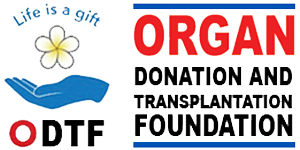Sri Lanka is an island, in the Indian Ocean, spanning an area of 65000 sq kilometers. It has a population of over 21 million. The Average life expectancy is 72 years which approaches the average European figure of 79.6. The human Development Index is 0.766 with a high literacy rate of 95.7%. Sri Lanka is a country with diverse landscapes from sandy beaches, rainforests, dry zones to mountainous terrain all in relatively close proximity. It lays claim to a rich cultural and historical heritage which dates as far back as 543BC. The per capita Gross National Income of Sri Lanka lies between 1000 to 4000 USD. Therefore, according to World Bank categorization Sri Lanka falls in to the category of Lower Middle-Income Countries (LMIC).
Non communicable deceases are a major health issue in the 21st century and poses a significant challenge to the Lower middle income countries in achieving the envisaged, 2030 Agenda for Sustainable Development. Out of all non-communicable diseases, Chronic Kidney Disease (CKD) is one of the major health burdens that Sri Lanka carries.
Considering the rapid changes in the environment due to urbanization as well as numerous prevailing communicable and non- communicable risk factors, it is unsurprising that an estimated 60,000 patients suffer from CKD in Sri Lanka. The actual figure may even be far greater, as epidemiological data remain poorly authenticated due to, low numbers of community based studies, inconsistent assessment of kidney function and non-standardized non-calibrated approaches in obtaining data for CKD.
In keeping with the global perspective diabetes, hypertension and glomerularnephritis are the commonest aetiological factors attributed to CKD. But, a newer category of CKD of uncertain aetiology has been identified in a few LMIC like Nicaragua, El Salvador, Tunisia, India, Egypt and Sri Lanka which has reached endemic proportions in Sri Lanka, in-fact in certain regions like the north central province it has become the predominant variety. However its noteworthy that obstructive uropathy due to stone disease is also a very prevalent cause for CKD in Sri Lanka.
The management of these patients is causing a huge additional burden to the LMIC including Sri Lanka. The limited availability of Renal replacement therapy in the developing countries is one of the greatest challenges in managing these patients due to the high cost and affordability of such services. Overall, the expenses incurred would have a higher proportional impact on the GDP.
While dialysis is expensive and can be a serious drain on a country’s finances, the cost of maintaining a functioning grafted kidney is found to be much lower.
Organ Transplantation is one of the greatest advances of modern medicine. For people in end stage organ failure, organ transplantation truly is a matter of life and death. The demand for organ transplantation in the past decade in all parts of the world including Sri Lanka has been unprecedented. Due to the increased incidence of vital organ failure the waiting lists for transplantation is ever growing, despite the unavailability of adequate suitable organs for transplantation leading to a major organ shortage crisis. This is the reason promoting deceased organ donation has to be given the prominence it deserves. Unlike in the higher income countries where successful deceased donor programmes are in existence, the LMICs are almost entirely dependent on live donors. Therefore, these countries have a higher demand for live donors, which by far exceeds the availability.
This disparity creates major issues. It is worthy of note that the deceased donor programs in most LMIC are at its infancy. If at all it is limited to the brain-dead donor population. This is largely due to Lack of infrastructure and system coordination. Majority of LMICs also lack the required surgical expertise as well as other supportive medical services, to develop a successful deceased donor program.
Within the deceased donor program, the DCD limb has evolved rapidly in the higher income countries over the past decade, outnumbering the DBD pool. However, the absence of a reliable legal framework protecting donors, recipients and the medical professionals involved in DCD have resulted in limiting the expansion of a successful deceased donor program in developing countries such as Sri Lanka.
To add to the consternation there are numerous misconceptions and beliefs regarding brain death and organ donations. This may be largely due to lack of awareness, regarding the concept of death and poor understanding of brain death on a background of a multi religious, cultural and ethnic communities.
Sri Lanka commenced kidney transplantation in the year 1985. The need for kidney transplants has grown rapidly in the country and today we have approximately 6000 end stage kidney failure patients. Sri Jayewardenepura General Hospital is one of the very first hospitals to commence organ transplantation in the country.
Our journey began as far back as the year 2000. The two specialists were responsible for initiating the transplant program at Sri Jayewardenepura General hospital, they are Dr. Chula Herath, Nephrologist and Dr. L. Piyarisi, General Surgeon. They have played a pivotal role in transforming SJGH in to one of the leading kidney transplant units in the country.
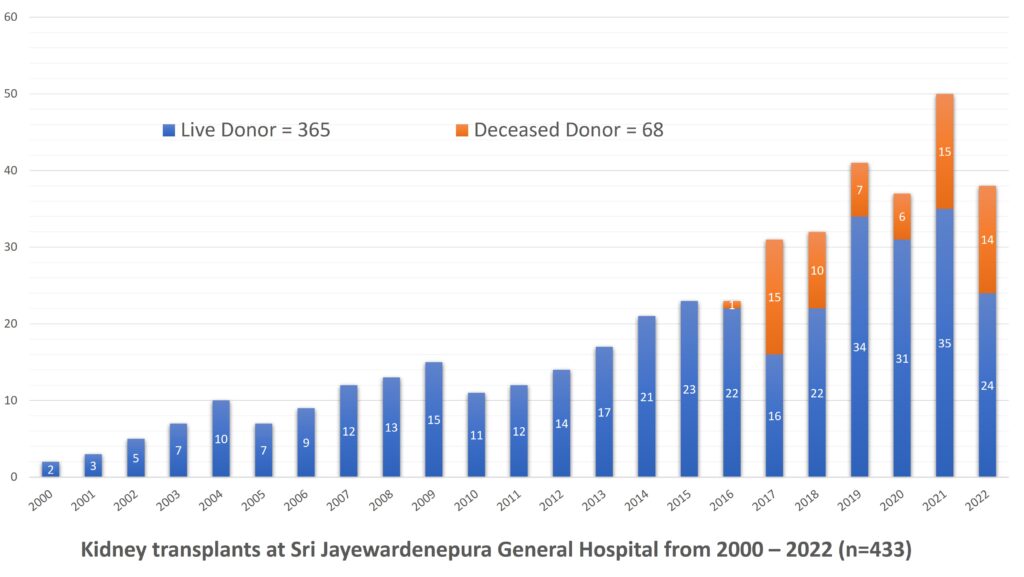
In the past 2 decades live-donor kidney transplantation has gathered momentum and up to this point in time we have performed a total of 400 kidney transplantations at SJGH. We were the first center to introduce laparoscopic live donor nephrectomy in the country in year 2014 to give the maximum benefit to the donor (who is not a patient), deviating from a much morbid open surgery. Today we have moved towards the 3D technology for living donation. Even with these advancements we are still unable to cope with the ever-growing demand for organ transplantation.
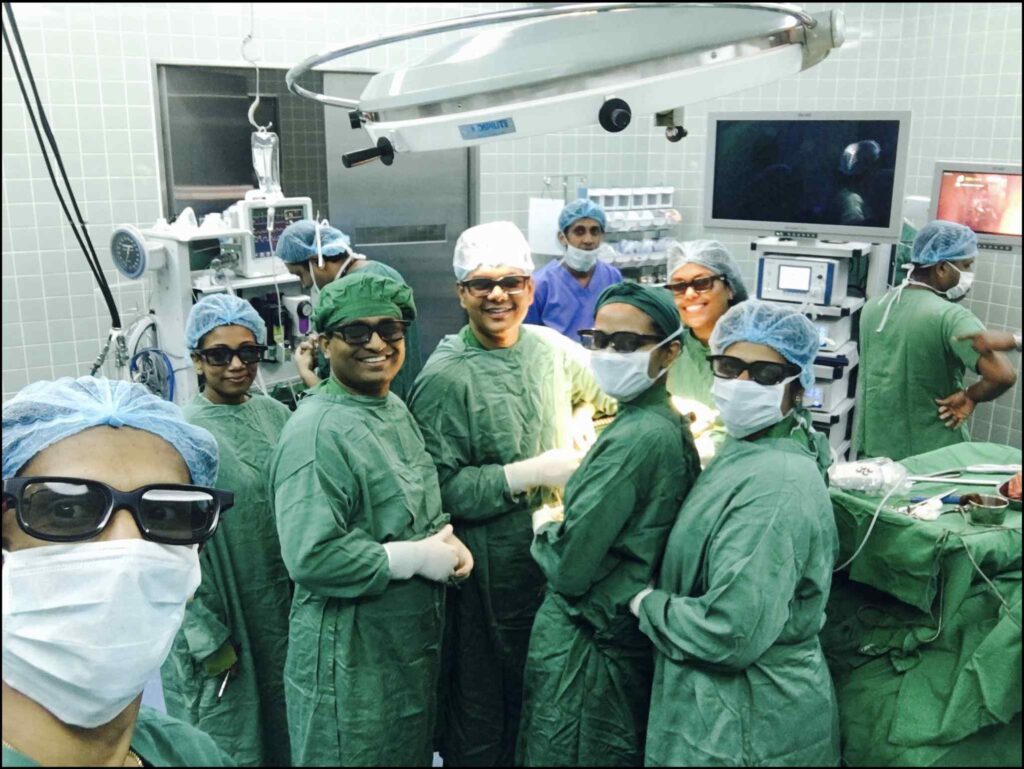
Figure 2: First 3D laparoscopic live donor nephrectomy in Sri Lanka
Live-donor transplantation is unfortunately mainly limited to kidney and in order to venture further in to multi organ transplantation (like liver, pancreas, heart) as well as increasing the numbers of kidney transplants performed it was imperative to initiate a deceased donor program in a structured manner.
In February 2016, overcoming many hurdles we performed the very first successful deceased donor kidney transplant at Sri Jayewardenepura General Hospital. Deceased organ donation and multi organ transplantation being a well-established system in the more developed countries, demands a lot of commitment, infrastructure development, coordination and dedication. Above all it needs passion.
Encouraging this endeavor, a team of dedicated Clinicians in the relevant fields conceived the idea of taking organ donation and transplantation to the next level by commencing the Organ Transplant Unit at the Sri Jayewardenepura General Hospital in 2016. Our aim was clear: to Implement a systematic structure and process to encourage deceased organ donation and transplantation in Sri Lanka.
If there are NO DONORS, there are NO TRANSPLANTS!
This is the reason raising public awareness was one of our very first tasks.
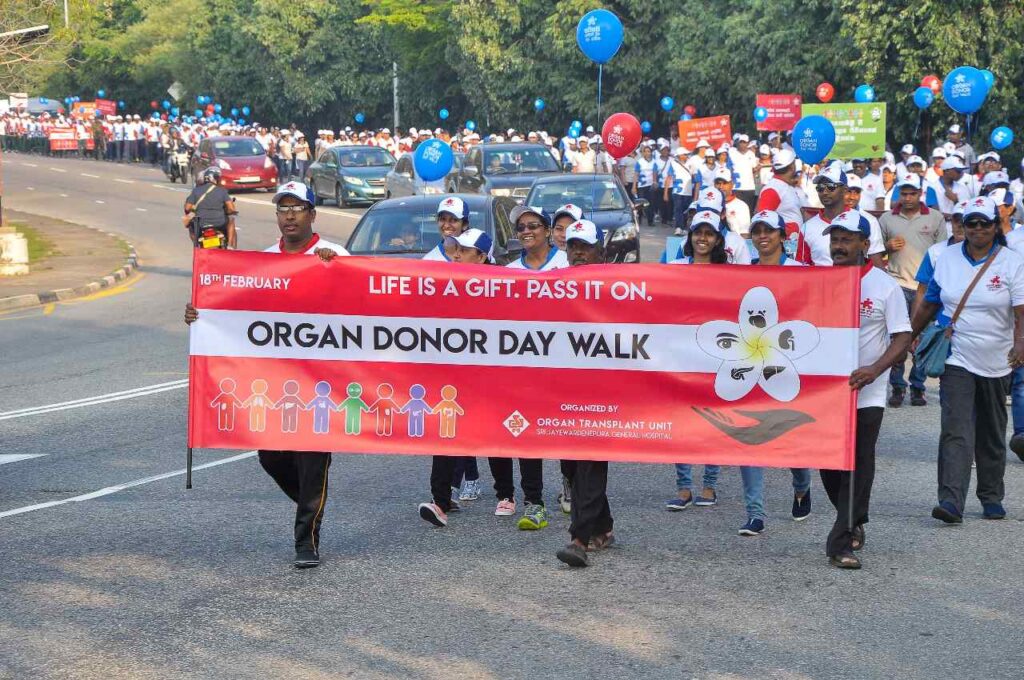
Figure 3: First National Organ Donor Day and Walk in Sri Lanka (2018)
In February 2018 we organized the very first Organ donor walk in Sri Lanka. It was a huge success with the participation of an unanticipated over 3000 people spanning from university students, military personals, healthcare professionals, societies, and well-wishers from all corners of the country. On the same day more than 2000 donor were registered for the programme. There after February 18th was declared the national organ donor day in Sri Lanka.
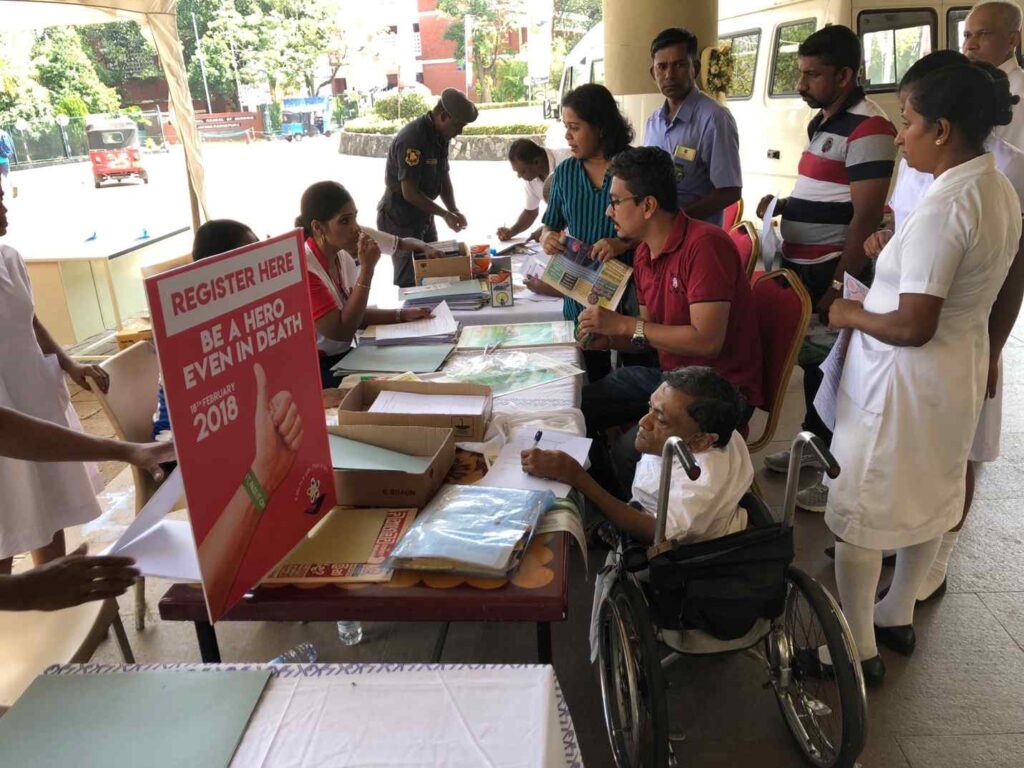
Figure 4: Registering more than 2000 donors for the programme on the same day
The hospital has set up a donor memorial wall in its premises, which is the only donor memorial wall of its kind in the country. This is in recognition of those who donated to give the gift of life to other unfortunate fellow human beings. Each year, on the national organ donor day we continue the tradition of saluting these unsung heroes by adding a star to their name on this memorial wall
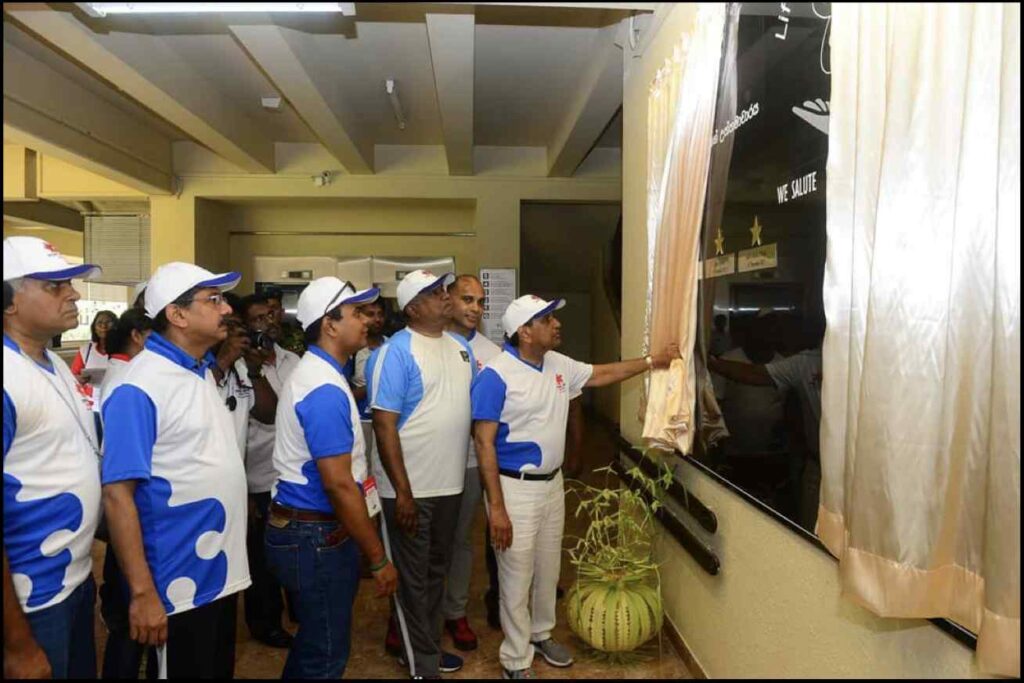
Figure 5: Unveiling of the Memorial Wall of Deceased Organ Donors
Even though the pandemic curtailed transplants taking place in many hospitals, Sri Jayewardenepura General Hospital was able to handle almost 50 transplantations in the year 2021. The first liver transplant was also done in the hospital recently.
Collaborating with the Ministry of Health of Sri Lanka, we launched the National Organ Donor Card. This initiated the commencement of database of registered donors which will be a permanent source of maintenance of organ donors in the future.
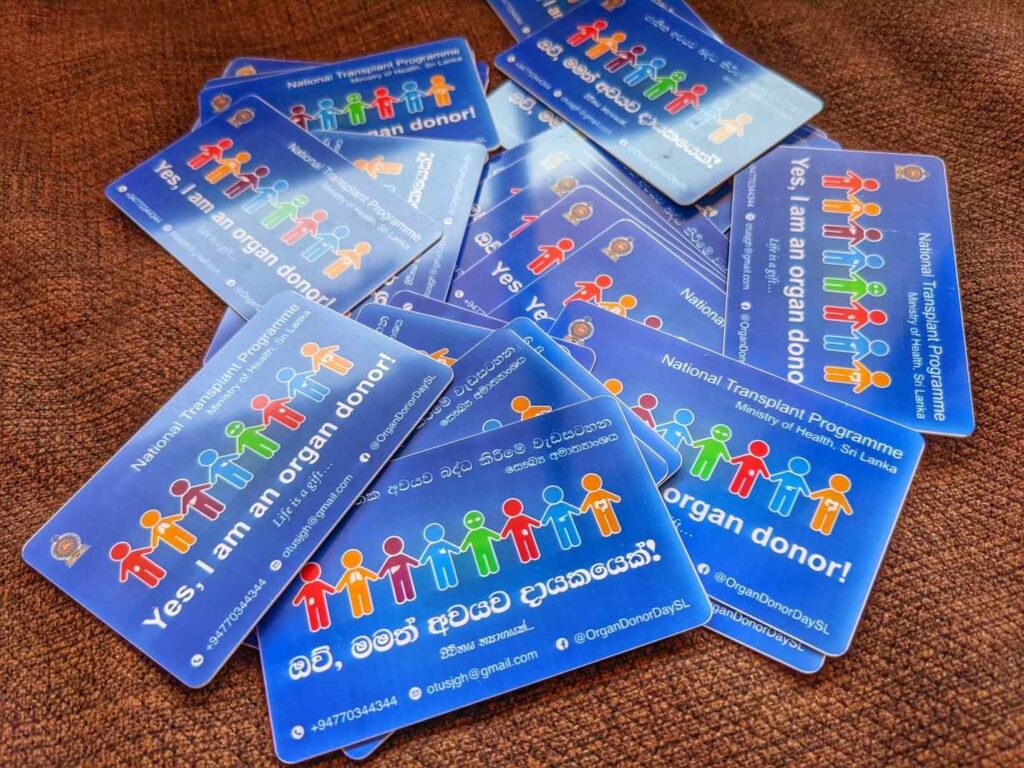
Figure 6: National Organ Donor Card in Sri Lanka
The next step was to obtain support from societies both locally and internationally to make organ donation a word of norm in every household in Sri Lanka. Organ Donation and Transplantation Foundation was next founded by this dedicated team, in order to promote this concept island wide.
Internationally we continue to receive tremendous support from India, Spain and United Kingdom to promote and take forward this worthy cause. Webinars were organized right throughout the past year, promoting this concept to the masses of Sri Lanka.
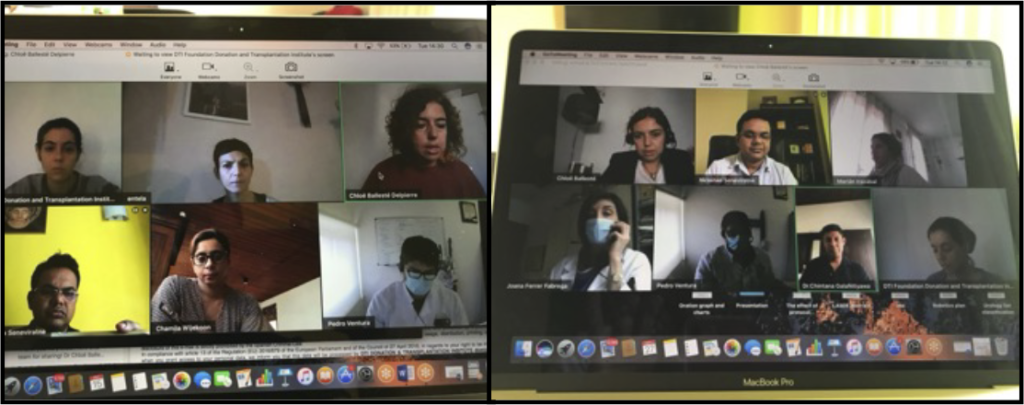
Figure 7: CME programmes with experts from United Kingdom, Spain and India
The need for young surgical trainees to take up multiorgan transplantation as a carrier and to understand multi organ procurement seemed lacking. Therefore, we commenced an annual cadaveric workshop in order to gain hands-on surgical skills in organ procurement and transplantation with the participation of transplant surgeons. Also, the First edition of an Organ procurement Transplant Manual was launched in November 2021. Many workshops within the hospital are being conducted to create awareness amongst its staff regarding organ donation and transplantation.
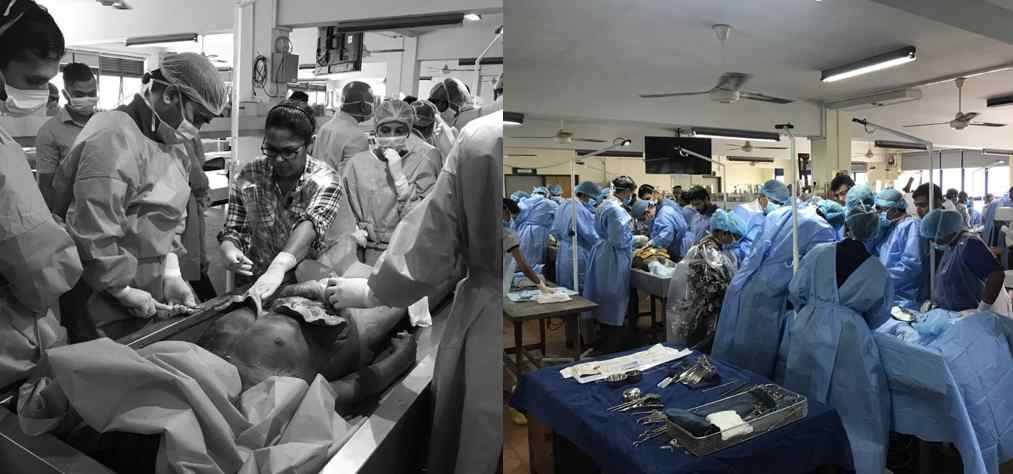
Figure 8: Cadaveric workshops with hands-on surgical experience in organ procurement and transplantions
The concept of deceased organ donation and transplantation being new to the country, many of the administrative coordination facilities needed to be strengthen. A centralized transplant directive needed to be established. Under its guidance a structured transplant procurement managerial system , electronic databases, organ registries and allocating systems are lacking. It is here that international support and guidance is required in order to move forward.
Even though Sri Lanka is limping with the pandemic causing economic hardships, the young clinicians with a group of other interested individuals in the society are striving hard to continue with this worthy cause.
One must not forget that organ donation not only changes the life of the recipient, it also changes the lives of the loved ones, families, friends and colleagues. Sri Lanka being a Buddhist country, their culture permits organ donation and transplantation wholeheartedly. This act of merit “dana” is embedded in their hearts which makes this concept a willing act.
Our journey has only just begun…
Our objective being to develop Sri Jayewardenepura General Hospital in to a model organisation in multi organ procurement & transplantation in Sri Lanka. We shall strive hard to eventually become a center for clinical excellence in deceased donation & transplantation offering state of the art facilities such as robotic transplantation. Although the journey thus far has been long and tortuous, our enthusiasm and determination to see this grow in to a successful national program has only picked up momentum.
It is with this mind that we formulated the Organ Donation & Transplantation Foundation (ODTF). We will continue to change the social attitudes toward deceased donation in the Sri Lankan community by making them realise that organ donation not only changes the life of the recipient but the entire act of donation helps the bereaving family to find solace in a time of despair.
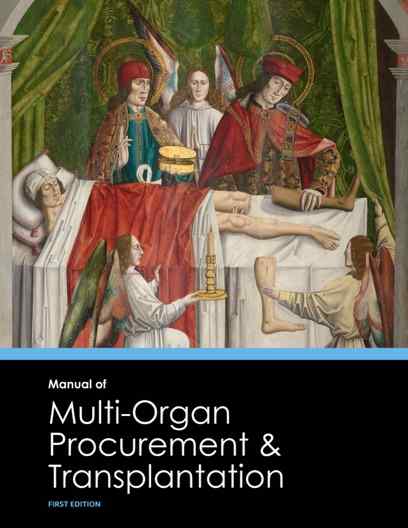
Figure 10: Manual of Multi-Organ Procurement and Transplantation
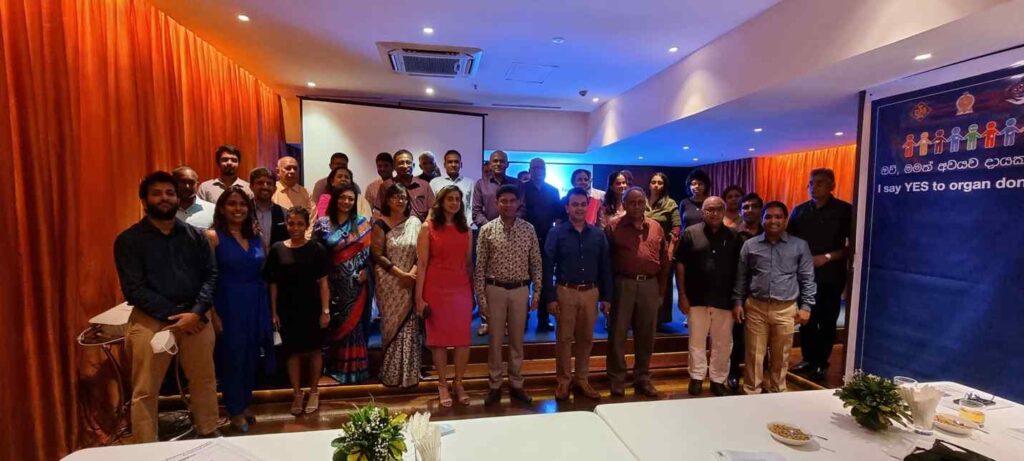
Figure 7: Organ Donation and Transplantation Foundation & Trust Fund
